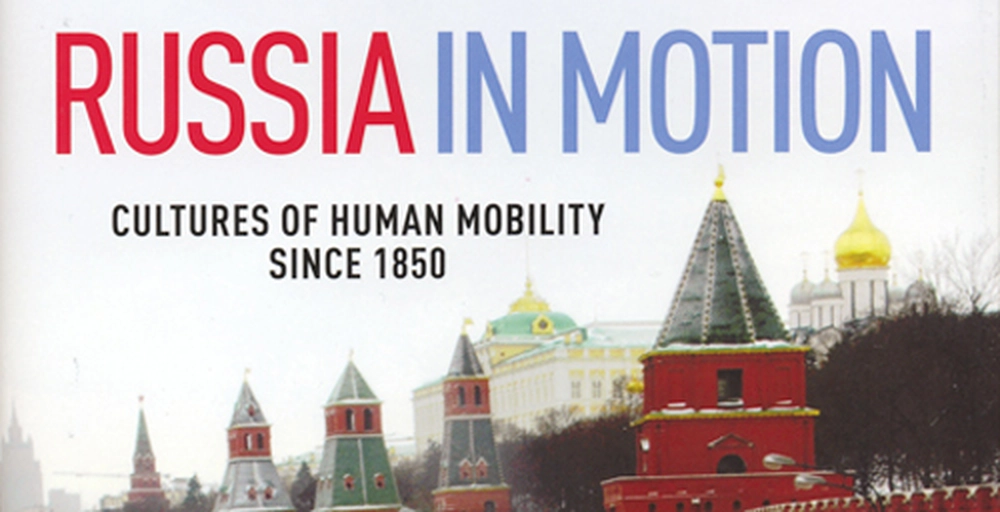
Historians have long been interested in patterns of human movement. Throughout history, people have had to move to survive, either through regular circuits that bring them to communities and resources or through occasional, long-distance migrations, in search of new ways of life.
"Russia in Motion: Cultures of Human Mobility Since 1850", edited by two Illinois professors, explores human mobility and its cultural, political and social effects in Russia during the 19th and 20th centuries.
John Randolph, a professor of history, and Eugene Avrutin, a professor of modern European Jewish history and the Tobor Family Scholar in the Program of Jewish Culture and Society, conceived of the book after they organized a campus event, the 2008 Ruth and Ralph Fisher Forum, "Russia's Role in Human Mobility: Historical and Contemporary Perspectives."
"Gene and I were motivated in organizing the conference because we sensed that we could learn a lot about Russian life if we better understood the movement of the peoples who live there," Randolph said. "We wanted to create a book that began to highlight the phenomenon, across time, 1850 to the present."
The themes of migration and mobility explored in the book are important for those looking to gain a richer understanding of Russian history.
"Movement creates spaces - political, cultural, social," Randolph said. "It's been used intentionally by Russian governments (as by other governments) to shape and order the life of the polity. It's a major theme in Russian literary and visual arts, as well."
With its deep historical context, "Russia in Motion" is certain to intrigue scholars of history. However, even the most casual of history buffs could be drawn into the personal stories the authors explore. One such story, told by UI alumna Sarah Phillips, an anthropology professor at Indiana University, delves into the inspirational story of Russian wheelchair athletes who complete "super-marathons" across the country to affirm their rights as citizens in the new Russia.
In addition to the contributions of Randolph and Avrutin, the book includes an essay by UI history professor Diane Koenker that examines a cruel contrast at the heart of Stalinist culture in the 1930s: the simultaneous expansion of resort tourism for workers and the forced exile of millions of others to the Gulag.
Randolph has high hopes for the impact of "Russia in Motion" among scholars: "Illinois has been one of the great American centers for Russian and East European studies since the late 1950s. We're trying to honor and build upon that legacy today."